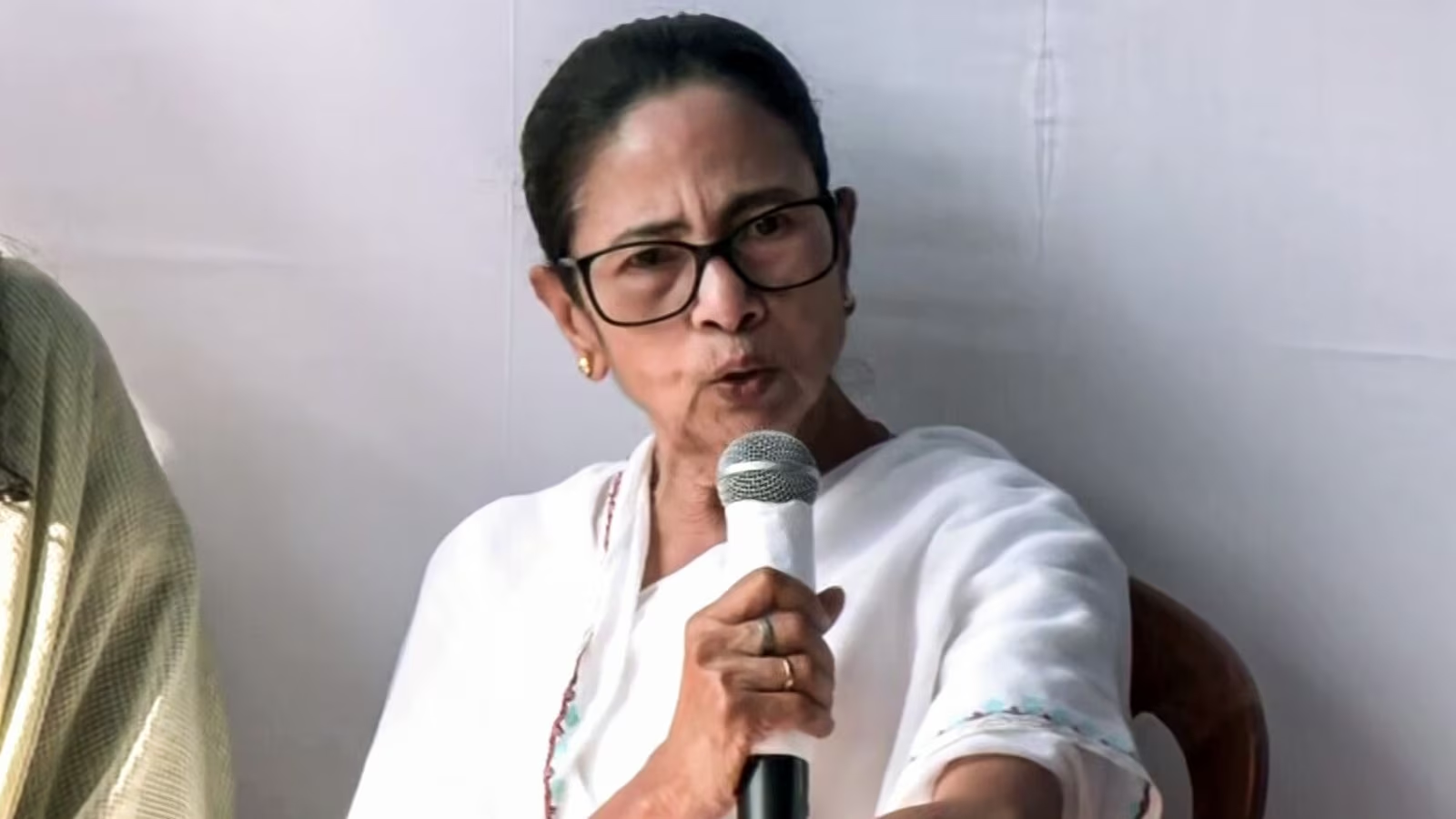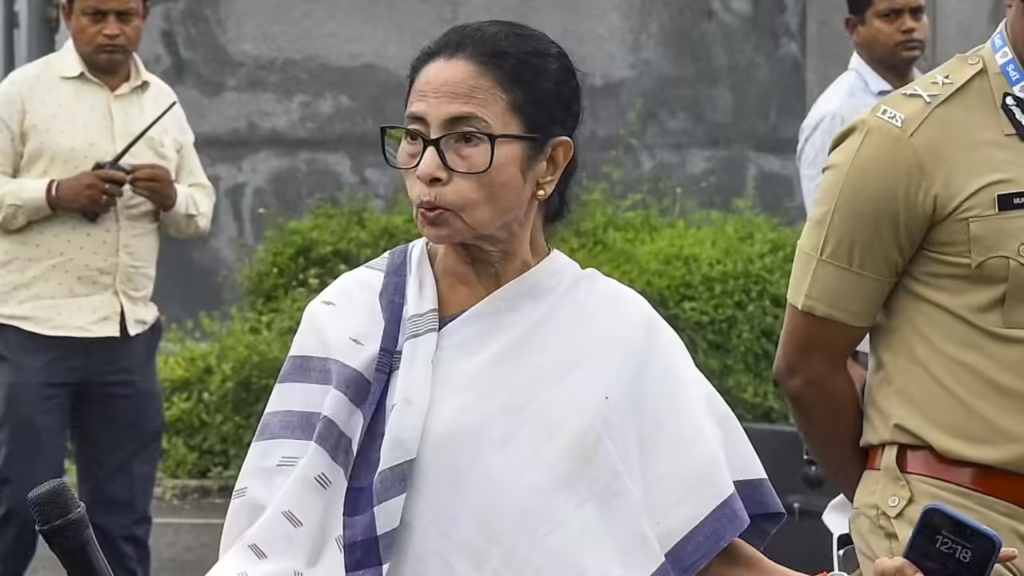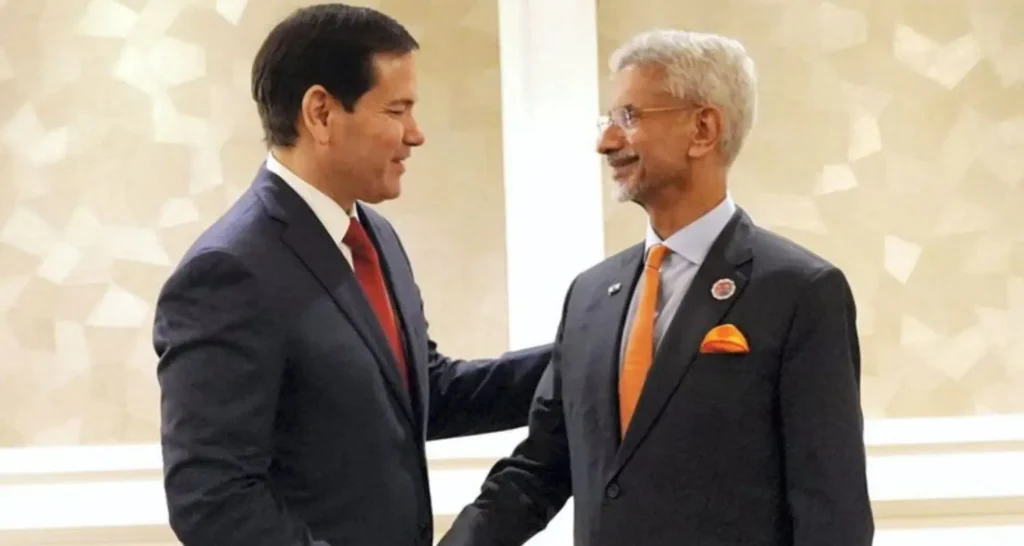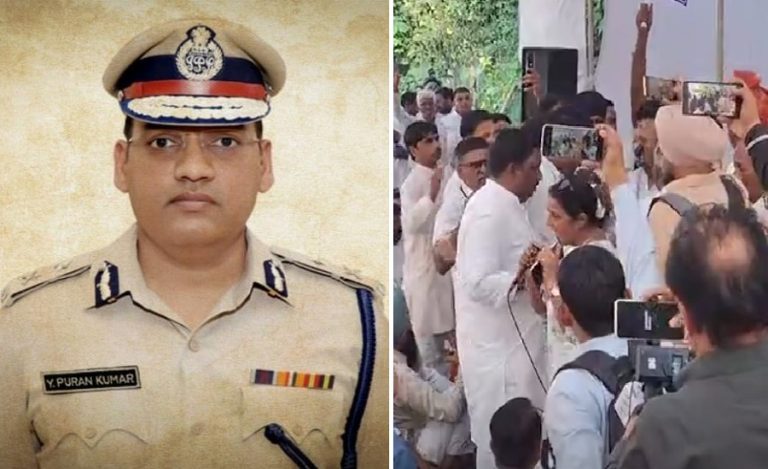Now Reading: Out at 12:30 am? BJP Accuses Mamata of Victim Shaming in Durgapur Case
-
01
Out at 12:30 am? BJP Accuses Mamata of Victim Shaming in Durgapur Case
Out at 12:30 am? BJP Accuses Mamata of Victim Shaming in Durgapur Case

A controversial remark by Mamata Banerjee has triggered a fierce political storm after the alleged gang-rape of a medical student in Durgapur. The Chief Minister questioned how the victim “came out at 12:30 am,” drawing sharp criticism from the BJP and civil society. The episode underscores deeper debates on women’s safety, accountability, and political responsibility.
The comment and backlash
In her first public reaction to the Durgapur case, Mamata Banerjee said private colleges should ensure safety and questioned the late-night movement of the student. She asked, “How did she come out at 12:30 am?” and suggested girls should not be allowed outside late hours.
The BJP responded with outrage. Leaders accused her of shifting blame onto the victim rather than addressing security lapses. They argued that such statements deepen the culture of victim shaming and undermine trust in governance.
Banerjee later claimed her words were distorted. She said media misrepresented her intent and that her priority was justice and stricter law enforcement.
What this says about women’s safety
The remark struck a nerve because it touches on how society often judges victims. When contestants ask what the victim should or should not have done, the focus shifts from perpetrators to survivors. This deflection is especially painful in smaller cities where traditional norms remain stronger.
In places like Durgapur and towns beyond Kolkata, many women already face constrained mobility after dark due to poor lighting, lack of transport, or safety fears. Statements implying that women should stay indoors add further burden on victim dignity and agency.
Political overtones and stakes in Bengal
This incident comes at a politically sensitive time in West Bengal. The opposition is quick to accuse the ruling party of poor law and order. By raising the victim’s timing of movement, the CM is seen by critics as diverting criticism from policing failures.
For BJP, the attack is an opportunity to corner the TMC on women’s safety and governance. Civil society groups joining the conversation amplify pressure for more accountable statements from political leaders.
What the public, especially in Tier-2 cities, should ask
- Which institutions failed? It’s legitimate to ask about college security, campus boundaries, and local police presence.
- Are remarks compounding harm? Words from authority figures influence societal attitudes about crime and victims.
- Will justice be blind to politics? Citizens must watch whether investigations and prosecutions proceed impartially, regardless of party.
In the end, violence against women demands accountability in action and in language. When leaders frame their statements responsibly, they signal support for survivors. When they don’t, they risk deepening stigma and distrust. The Durgapur case must be measured not just by arrests, but by how society confronts its narratives on victimhood and responsibility.

























